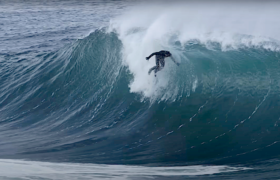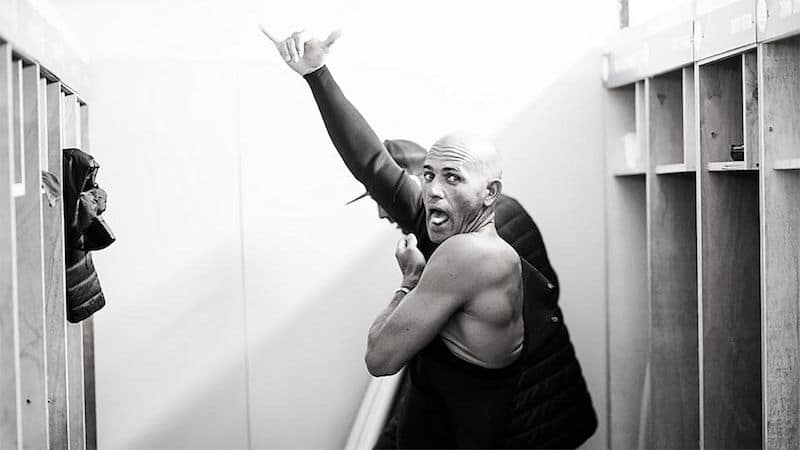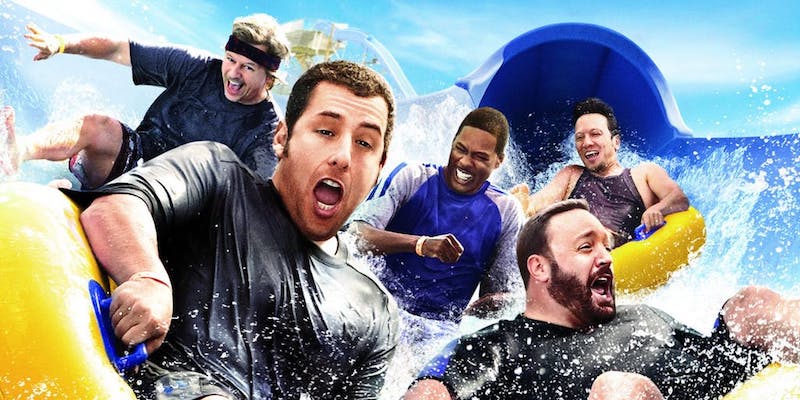Bliss achieved!
I have made it my business to mock people who
ascribe some sort of spiritual quality to surfing. To mock them
ruthlessly. I’ve always believed that surfing makes you
slightly-to-lots worse as a person. Worse at work, worse in
relationships, a worse parent and a worse friend. Not that it is
necessarily bad to be bad but let’s all just be honest about it,
right? Like, let’s all look in the mirror and admit that the
“exercise” and “peacefulness” of surfing is all fake. It’s better
exercise to power walk to the store for beer and it’s more peaceful
to drink that beer.
Right?
Apparently not for the true experts have officially spoken to
the UK’s Telegraph. Let’s read!
The US Navy this year embarked on a $1 million (£762,000)
research project investigating the potential of surfing to help
military personnel with PTSD, depression or sleep
problems.
Initial results have already shown surfing can lead to a
decrease in symptoms of depression. To active surfers (500,000 in
the UK and 35 million globally), this “news” is anything but
new.
“Surfing is the best therapist you can go to,” says former
British champion surfer Laura Crane. “There is something about just
being free and floating in the ocean.” The rhythm of the ocean is
similar to that experienced in the womb, says Tom Kay, founder of
surf clothing brand Finisterre. “There’s a strong link between
health and well-being, and being in the sea.” Salt water contains
magnesium, which is calming, and exposure to the sea strengthens
the immune system, as well as helping to normalise blood
pressure.
Surfing is mindfulness in action. You just need a board, a
wetsuit and the sea. Watching waves, waiting for the right one,
paddling and catching it demand your full attention. “It’s a
focused state – a trance state,” says Gulf War veteran and
psychotherapist Rich Emerson. “It gives you a break from everything
else.”
It’s immersive, addictive and it both grounds and uplifts.
Outdoor therapist Ruth Allen, of White Peak Wellbeing, says:
“Overcoming fears, taking calculated risks and riding a wave allows
people a genuine sense of achievement, while literally washing away
negative feelings.”
And it’s not just negative life events that can be tricky to
process. “I got married, started a family and set up a
film-production company in one year,” says Harry Anscombe, CEO of
Beagle. “Surfing helped me cope with the new responsibilities,
because it got me out of myself for a couple of hours.”
It also reminds us that there are always forces beyond our
control. “We all try to plan and control our lives,” Anscombe says.
“But if you try to dominate the waves, you get beasted.”
Surfing has one trump card that few other physical pastimes,
immersive as they are, can beat. You can’t take your mobile phone
with you.
“Surfing puts you out of touch with technology and the
thought processes around that part of your life,” agrees Joe
Taylor, founder of the Wave Project, the UK’s first surf therapy
charity. In his experience a great deal of anxiety and other mental
health issues, particularly among young people, are amplified by
social media and technology. The relentless pressure to be
always-on, or to be something you’re not, can take its toll and
surfing provides the antidote. “Surfing is completely honest. You
can’t fake it,” says Stoy.
Etc.
But seriously, is there 35 million fucking surfers in the water?
35 fucking million? No wonder everywhere is so fucking crowded.
So over it. Fucking kooks everywhere.
Fucking kooks.





